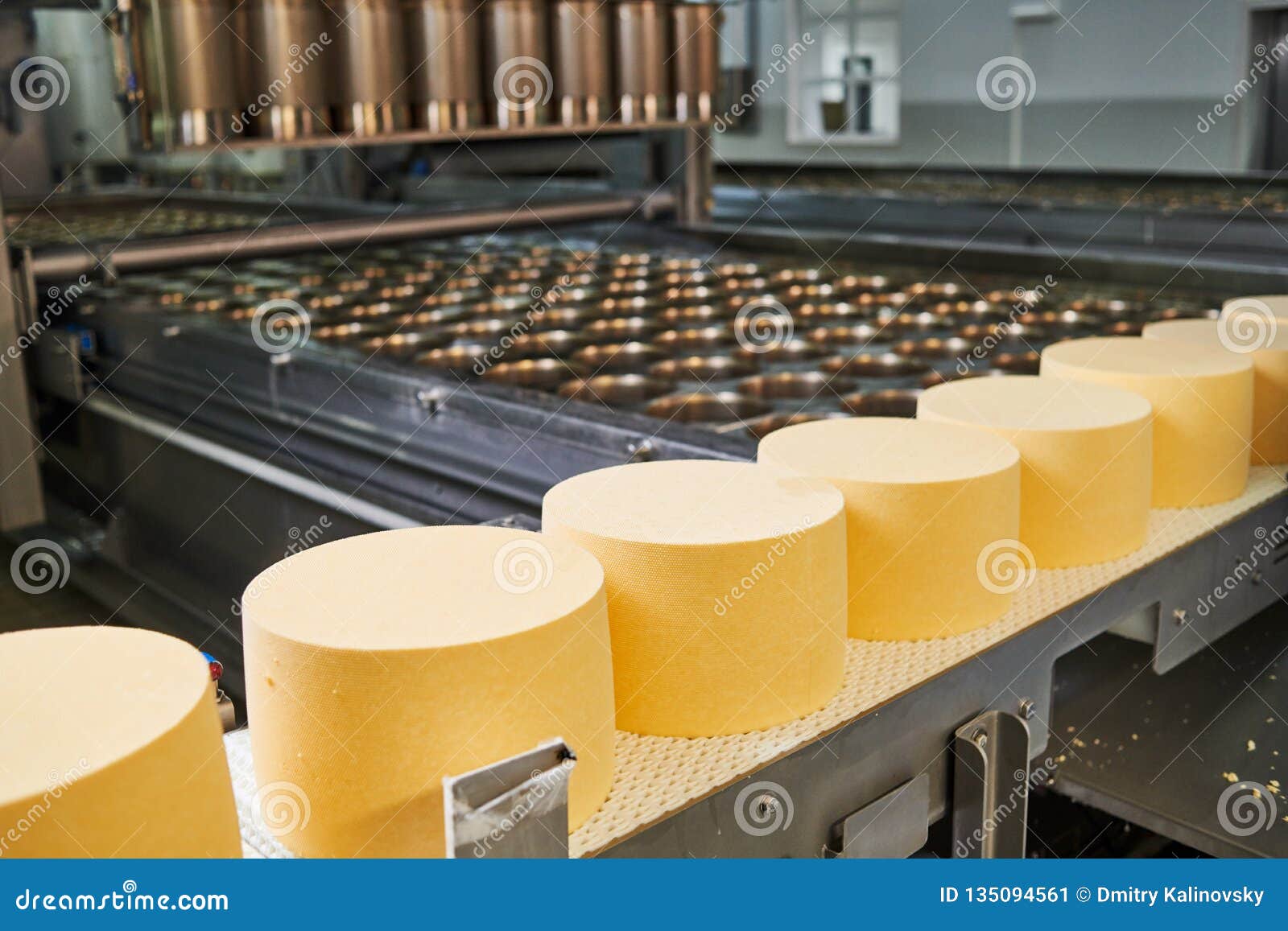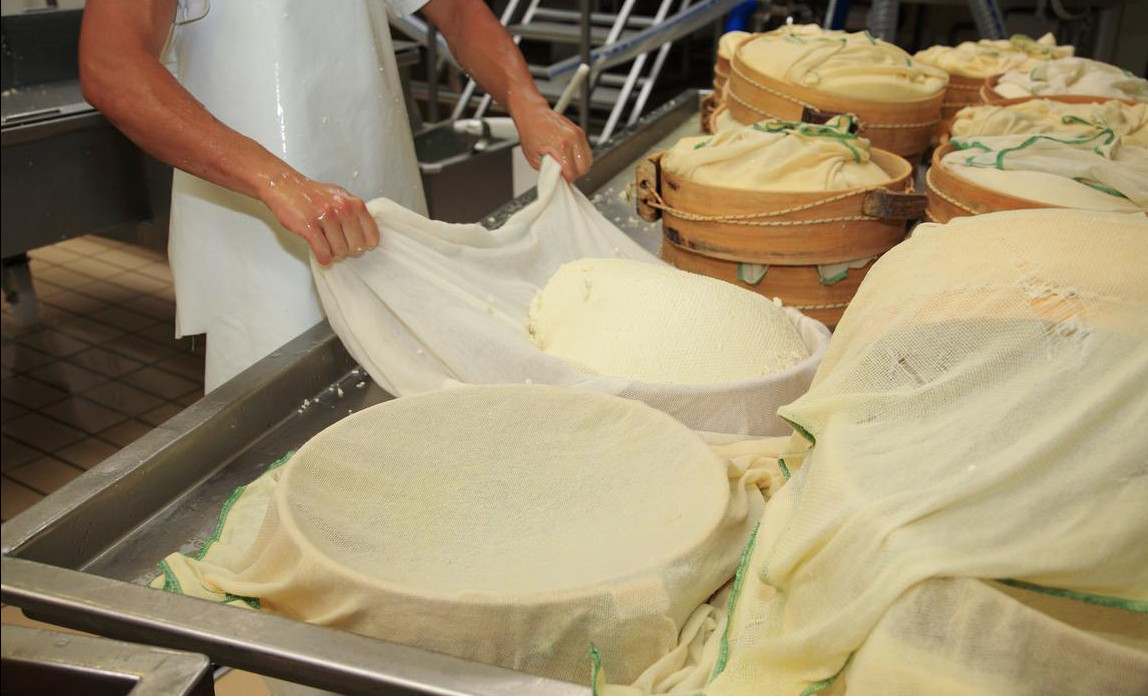Where to Acquire Cheese: Top Cheese Shops Melbourne
Where to Acquire Cheese: Top Cheese Shops Melbourne
Blog Article
An In-Depth Consider Cheese Production: Ingredients, Methods, and the Future of Artisan Cheeses
The elaborate procedure of cheese production is a remarkable merging of art and science, where premium milk, rennet, and details microbial cultures work as fundamental elements. Standard strategies, such as salting and aging, are enhanced by modern-day developments that react to advancing consumer preferences. As the market progressively focuses on sustainability and openness, the future of artisan cheeses guarantees to show both heritage and progression. Comprehending the nuances of these methods elevates engaging questions regarding the direction of cheese manufacturing and its effects for quality and authenticity. What lies in advance in this developing landscape?
Secret Active Ingredients in Cheese Production
A range of important active ingredients play an essential role in cheese production, each adding to the end product's flavor, appearance, and character. The primary ingredient in cheese is milk, which can come from numerous sources, consisting of cows, goats, and sheep - cheese shop melbourne. The sort of milk utilized considerably affects the cheese's preference and uniformity; for circumstances, cow's milk generally yields creamier cheeses, while goat's milk often produces tasty ranges
Another vital component is rennet, an enzyme made use of to curdle the milk, separating it into curds and whey. The source of rennet can be animal, veggie, or microbial, each imparting unique features to celebrity. Cultures, consisting of certain pressures of germs, are also integral to the cheese-making process. They ferment lactose into lactic acid, aiding in flavor growth and texture.
Salt not just boosts the flavor yet additionally serves as a chemical, hindering the growth of undesirable microorganisms. Furthermore, numerous flavoring agents, such as natural herbs, flavors, or perhaps smoked timber, can be contributed to create special artisanal cheeses. Together, these components create the structure of cheese production, establishing the phase for varied and abundant cheese varieties.
Conventional Cheese-Making Methods
Using conventional cheese-making strategies, craftsmens around the globe preserve time-honored techniques that have actually been passed down through generations. These techniques frequently stress the usage of premium, in your area sourced milk, which is central to the distinct tastes and appearances of artisanal cheeses. The process commonly starts with the cautious heating of milk, followed by the enhancement of societies and rennet to help with coagulation.
When the curds create, they are cut, enabling whey to drain, an essential action that affects moisture content and structure. Salting is a necessary aspect of this process, improving flavor while additionally acting as a preservative.
Aging, or affinage, is one more vital component, during which cheeses create their characteristic scents and preferences. Craftsmens may employ details aging settings, utilizing humidity and temperature level controls to improve celebrity's profile. The dedication to these standard methods not just supports local economic situations yet likewise contributes to the rich variety of cheese selections located globally, commemorating cultural heritage and artisanal craftsmanship.
Modern Innovations in Cheese Manufacturing
How have technical innovations transformed cheese manufacturing in recent times? her comment is here The combination of contemporary innovation has actually changed both the performance and quality of cheese manufacturing. Automation in different stages of the procedure-- from curd formation to packaging-- has actually enhanced uniformity while minimizing labor expenses. Automated curd reducing and mixing systems permit for specific control over appearance and wetness degrees, critical variables influencing the last product.
Additionally, developments in microbiology have actually allowed try here cheesemakers to select certain bacterial cultures and enzymes, enhancing flavor accounts and improving life span. The usage of sensing unit modern technology for keeping an eye on fermentation problems has actually also become prevalent, allowing for real-time modifications to keep ideal settings for cheese aging.

These developments not only enhance the high quality and sustainability of cheese manufacturing however also empower artisan producers to maintain typical flavors while embracing contemporary effectiveness. As modern technology continues to evolve, the future of cheese production looks appealing, blending custom with advancement.
The Role of Terroir in Cheese
In the realm of cheese manufacturing, terroir plays a pivotal role in specifying the unique qualities of various cheeses. Terroir, a French term generally connected with white wine, incorporates the ecological variables that influence agricultural products, including dirt composition, environment, and neighborhood vegetation and animals. In cheese-making, the special features of the region where the milk is sourced can impart particular flavors and structures to the end product.
For example, the grazing conditions of dairy products pets substantially impact the milk's make-up, influenced by the kinds of grasses and herbs offered in a certain place. This varies not just in between nations but additionally between areas within the same country. Furthermore, the microbial neighborhoods present in the atmosphere add to the fermentation processes, causing varied profiles in flavor and scent.
Cheeses such as Roquefort, Parmigiano-Reggiano, and Cheddar exemplify just how terroir can shape their identifications, making informative post them distinctive and often safeguarded by geographical signs. As producers increasingly acknowledge the relevance of terroir, there is an expanding emphasis on sourcing local ingredients and maintaining conventional techniques, guaranteeing that each cheese genuinely mirrors its origin.

Future Patterns in Craftsmen Cheeses
A noteworthy shift is occurring in the craftsmen cheese market, driven by evolving consumer preferences and technical advancements. Increasingly, customers are being attracted toward distinct, high-quality products that highlight both sustainability and neighborhood sourcing - cheese makers melbourne. This fad is triggering artisan cheesemakers to introduce, concentrating on small-batch manufacturing and making use of conventional strategies while integrating contemporary technology to enhance quality and safety and security
Moreover, there is an expanding passion in plant-based and different dairy products, pressing conventional cheesemakers to discover new methods, such as cashew or almond-based cheeses. This change not only accommodates dietary limitations but likewise lines up with environmental worries relating to animal farming.
Additionally, openness in sourcing and production processes is ending up being vital. Customers are more educated and demand traceability, triggering manufacturers to embrace more clear labeling methods and take part in storytelling that highlights their approaches and values.
Conclusion
Finally, the intricate procedure of cheese manufacturing fuses typical strategies with contemporary technologies, resulting in a varied selection of tastes and appearances. The focus on high-grade active ingredients and the influence of terroir emphasize the virtuosity associated with cheese manufacturing. As the industry advances, a concentrate on sustainability and openness will likely form the future of artisan cheeses, accommodating a significantly critical customer base that values authenticity and workmanship in dairy items.
Report this page